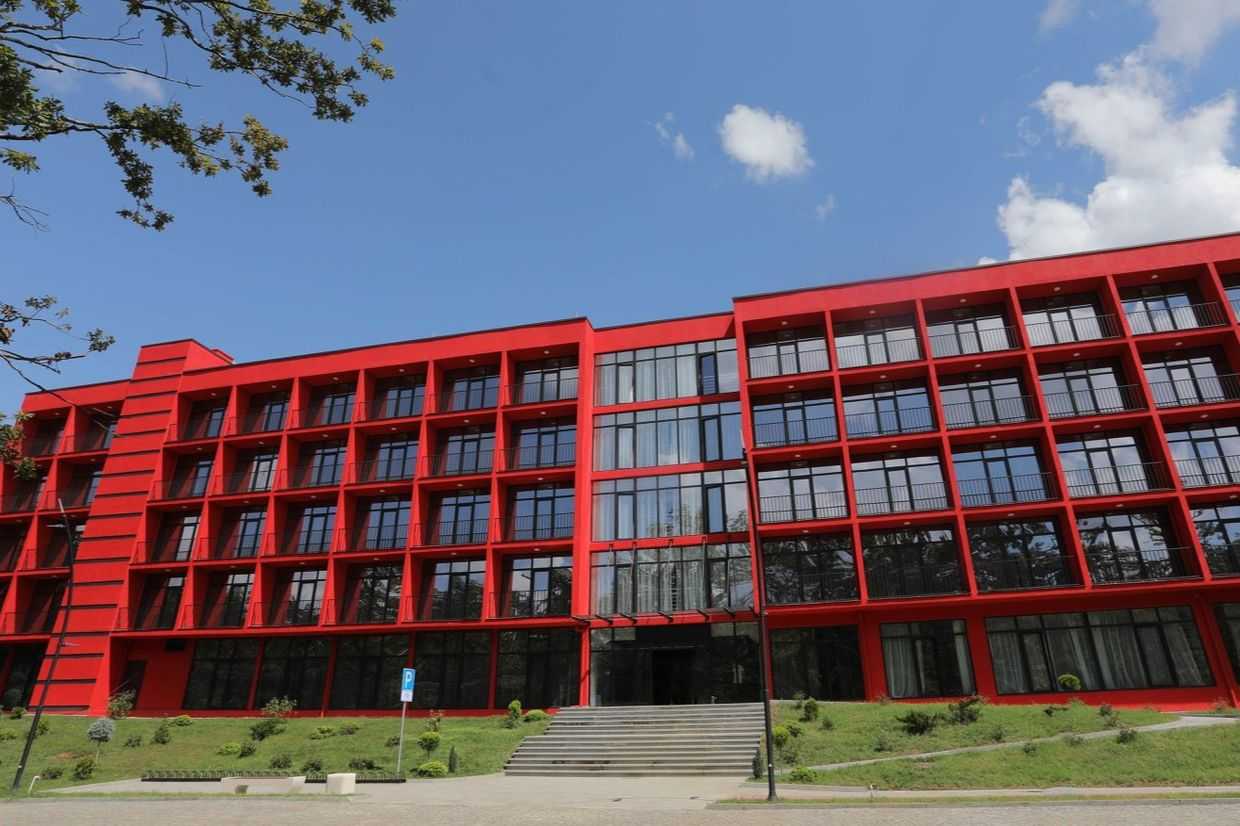The UN joins Norway and Sweden in condemning Georgia’s new ‘restrictive’ and ‘repressive’ laws

On Wednesday, the UN Human Rights office wrote on X that they were ‘concerned’ by the recent ‘restrictive’ legislation passed by the Georgian Parliament. That same day, both Norway and Sweden issued their own statements marking their alarm with Georgia’s new ‘repressive’ laws.
In their post, the UN Human Rights office claimed the new legislation would ‘amplify existing risks to freedoms of expression and association, equality and civic space, and stifle political pluralism’.
They additionally urged Georgia to ‘uphold’ its obligations regarding international human rights law.
Similarly, in their own post on X, Norway’s Ministry of Foreign Affairs wrote that Norway is ‘alarmed’ the Georgian authorities’ ‘new repressive tools’, claiming that the legislative changes curtail Georgian democracy by ‘undermining freedom of expression, dismantling civic space and political pluralism’.
A few hours later, Sweden’s Minister for Foreign Affairs Maria M Stenergard highlighted in a post on X that ‘the repressive laws are fundamentally incompatible with EU values’.
All three posts came after EU High Representative Kaja Kallas and EU Commissioner Marta Kos issued a joint statement on Tuesday, calling the new laws ‘fundamentally incompatible with EU values of democracy, rule of law, and media pluralism’.
‘The new legislation […] give[s] additional tools to the Georgian authorities to supress [sic] dissent and tighten the policy of repression. These laws risk stigmatising the work of civic activists, threatening the survival of civil society and independent media, rolling back human rights protections, unduly restricting fundamental freedoms, and eroding democratic decision-making’, the statement read.
Kallas and Kos also noted that these legislative changes would ‘negatively impact Georgia’s EU path’, calling adherence to EU values non-negotiable.
‘A vast majority of Georgian people want Georgia to join the European Union. We call on the authorities to demonstrate a genuine and irreversible commitment to returning to the EU path’, the statement read, noting that ‘this requires stopping the violence against citizens, releasing all those unjustly detained, suspending repressive laws, consulting the Venice Commission, and engaging in a meaningful dialogue with civil society and all political actors to find a way out of the current crisis’.
What are the legislative changes?
On Tuesday, the Georgian Parliament passed the final reading of the ‘Georgian version of the US Foreign Agents Registration Act (FARA)’ as well as a series of amendments to the broadcasting law, targeting civil society and media organisations as part of a series of recently introduced and adopted laws by the ruling party that are widely seen as a threat to democracy in the country.
The legislation was officially signed into law that same day by President Mikheil Kavelashvili.
Under the new FARA legislation, which was introduced to replace the controversial foreign agent law adopted in May 2024, a foreign agent is defined as any person (legal or physical) who is under the control of, or acts at the direction of, a foreign power and acts in the interests of that foreign power. This means that, unlike the previous law, the law passed on Tuesday will also affect individuals.
Failure to comply with the law can be punishable by up to five years of imprisonment, a fine of up to $10,000, or both.
In addition to FARA, the ruling Georgian Dream party also passed two restrictive media bills amending the Broadcasting Law.
The first would allow Georgian Dream to impose ‘coverage standards’ on broadcasters. The second sought to regulate broadcaster funding by prohibiting them from receiving foreign financing.
In addition to these laws, Georgian Dream has also passed several other pieces of legislation that had been previously initiated, including reintroducing the concept of treason into the Criminal Code, removing the word ‘gender’ from all laws, and excluding civil society organisations from official decision-making processes.
Georgian Dream has repeatedly claimed that the new bills are necessary to fight the ‘influence of external powers’. Nonetheless, critics of the ruling party have emphasised that these changes aim to undermine the media and civil society in an already fragile democracy.
The restrictive laws are being passed in a parliament where opposition is virtually nonexistent. Following the disputed 2024 elections, opposition parties refused to participate in the legislative process. Since then, the ruling party has been initiating and passing new restrictive legislations without any obstacles, targeting the media, civil society, and other critics.









